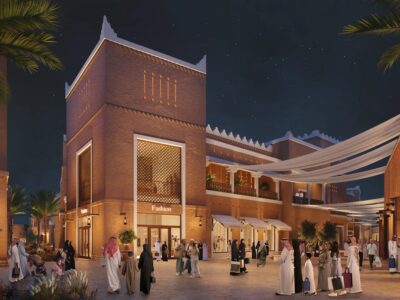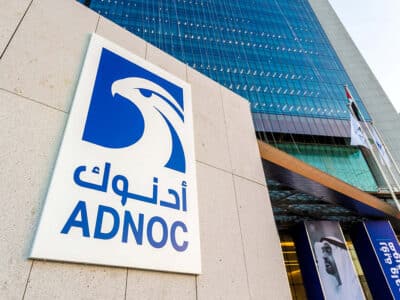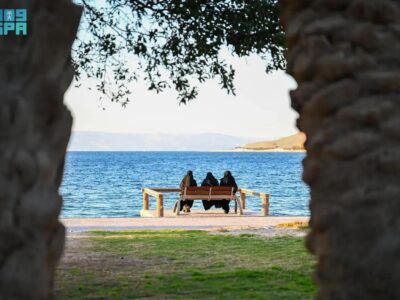Competition
from new properties will see rental rates in the UAE’s northern emirates tumble
in the second half of the year, real estate consultancy CB Richard Ellis said
on Sunday.
Lease rates
in apartments across the northern emirates have dropped by 18 percent year-on-year,
as Dubai’s falling rents attract a sustained migration of residents.
The
worst-hit emirates include Ajman, where rates have plunged 28 percent year-on-year,
and Umm al-Quwain,
which saw a 22 percent decline in the same period.
In Sharjah,
landlords are resorting to incentives such as reduced rates to attract residents.
“As
competition intensifies many landlords in Sharjah have started to include
parking and chiller charges within their quoted lease rates,” analysts wrote. “In
some cases agent commissions on initial lettings are also being ignored.”
Supply of
new units is expected to intensify downward pressure on rents, with projects
such as Ajman’s Garden City and Julphar Towers in Ras Al Khaimah nearing
completion in the next 18 months, the report said.
Demand also
continues to lag supply in the commercial real estate market, as fresh units
increase occupier movement away from older buildings, CB Richard Ellis said.
In Sharjah,
office lease rates slipped 22 percent in the first six months of the year, from
AED430-860 per sq m per annum in H2 2010, to AED300-700 per sq m per annum in
H1 2011.
“The
utilisation of residential accommodation for commercial purposes is also adding
further strain to dedicated office spaces,” analysts said. “Lease rates across
the northern emirates currently range from [an annual] AED240-700 per sq m.”
The UAE’s five
northern emirates have benefited less from capital Abu Dhabi’s vast oil
wealth or trade and property-fuelled development in business hub Dubai.
The world’s
third-largest oil exporter pledged in February to spend AED5.7bn ($1.6bn)
in its poorer emirates – Ras Al Khaimah, Sharjah, Ajman, Fujairah and Umm
al-Quwain – to expand key water and electricity networks and fund major road
and transport projects.
It is hoped the investment will cut the increasing number of
blackouts seen in the emirates, as a growing population and increased
electricity demand outstrips supply.
“An
expanding population has seemingly outgrown the capabilities of the existing
infrastructure,” analysts said. “The allocation of AED5.7bn over the next five
years will go some way to alleviating persistent problems.”
The UN
Development Programme said in July that economic disparities across the UAE were
slowing development and showed a need to rethink the Gulf state’s economic strategy.








